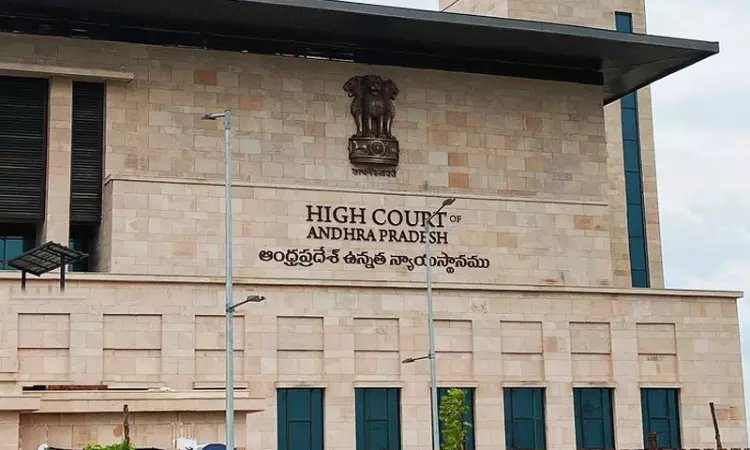- Home
- /
- High Courts
- /
- Andhra Pradesh High Court
- /
- Daughter-In-Law Integral Part Of...
Daughter-In-Law Integral Part Of Family, Entitled To Compassionate Appointment: Andhra Pradesh High Court
Saahas Arora
19 March 2025 10:20 AM IST
The Andhra Pradesh High Court has ruled that a daughter-in-law is an integral part of the family and is entitled to appointment on compassionate grounds. The Court further noted that while the government recognises a son or daughter of the deceased government employee for compassionate appointment, the daughter-in-law, despite not being traditionally classified as family, should also be...
The Andhra Pradesh High Court has ruled that a daughter-in-law is an integral part of the family and is entitled to appointment on compassionate grounds.
The Court further noted that while the government recognises a son or daughter of the deceased government employee for compassionate appointment, the daughter-in-law, despite not being traditionally classified as family, should also be extended the same benefit.
A Single Judge Bench of Justice Sumathi Jagadam observed:
“After a daughter gets married, she becomes an integral part of the family she joins. Conversely, the daughter-in-law, who enters the family, becomes a vital member and has a more substantial right to request compassionate appointments to ensure the welfare of her children.”
The petitioner in the present case was the daughter-in-law of one S. Kullayamma, who was the sole breadwinner of the family and had died while working as a P.H. Worker in Rayadurg Municipality. The deceased mother-in-law had lost her husband and both her sons, and the petitioner along with her two sons and a daughter, was entirely reliant on the mother-in-law's income.
The petitioner, after attaining a No Objection Certificate from her mother-in-law's younger son's wife, submitted a representation requesting appointment on compassionate grounds. The Respondent authority however rejected the said request on the grounds that the Government Order did not include daughter-in-law within the category of family members entitled to appointment on compassionate grounds.
Initially, the Government had issued a G.O. which stated that compassionate appointments can only be provided to the wife, son, or unmarried daughter of the deceased government servant. Later, the Government issued the impugned G.O. which included certain additional categories such as brother, sister, and widowed daughter on the pretext that they were also family members. However, the daughter-in-law was not included as part of the family.
Aggrieved, the petitioner filed a writ petition challenging the impugned G.O. and the consequent rejection of her request for compassionate appointment, as being arbitrary, discriminatory and violative of Articles 14, 15 and 16 of the Constitution.
Highlighting the utility of compassionate appointments, the Court noted that such a benefit is extended to dependents of deceased Government Servants to relieve their family of the distress and destitution which the demise of the family's sole breadwinner has caused. In this regard, the Court also observed,
“Compassionate appointments aim to swiftly support the bereaved family of a government employee who dies in service. This assistance allows for the direct appointment of a son, daughter, or spouse without needing to go through the employment exchange process, adhering to the specific conditions outlined in relevant orders issued periodically as part of social security measures.”
Holding that the daughter-in-law does not cease to be an integral part of the family after the death of her husband and that she should be equally entitled to the benefit of compassionate appointments as other members of the family, the Court allowed the writ petition and set aside the proceedings and notice issued by the 3rd Respondent. Subsequently, it directed the respondents to reconsider the case of the petitioner for compassionate appointment.
Case Details:
Case Number: WRIT PETITION (AT) No.2139 OF 2021
Case Name: Smt. K. Hamakshi v. State of Andhra Pradesh
Date: 17.03.2025



